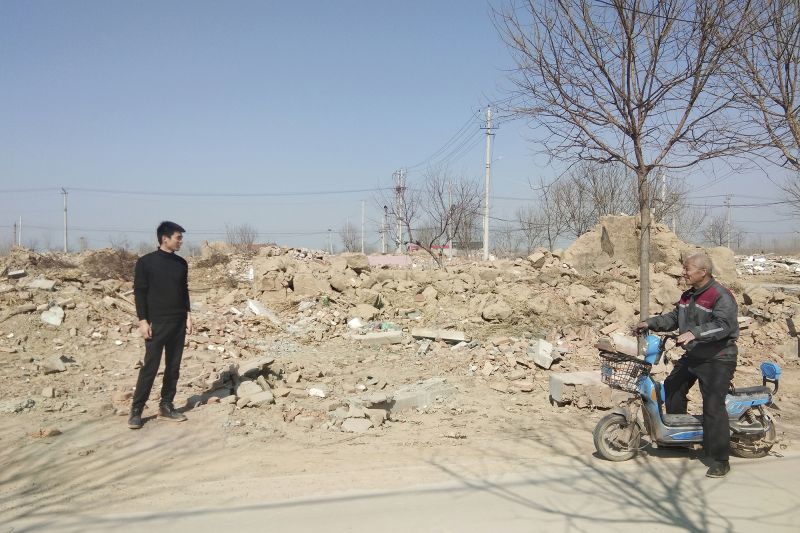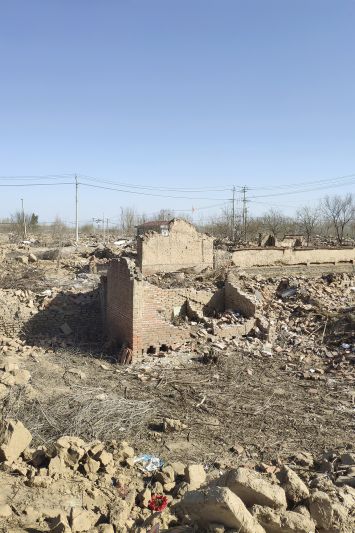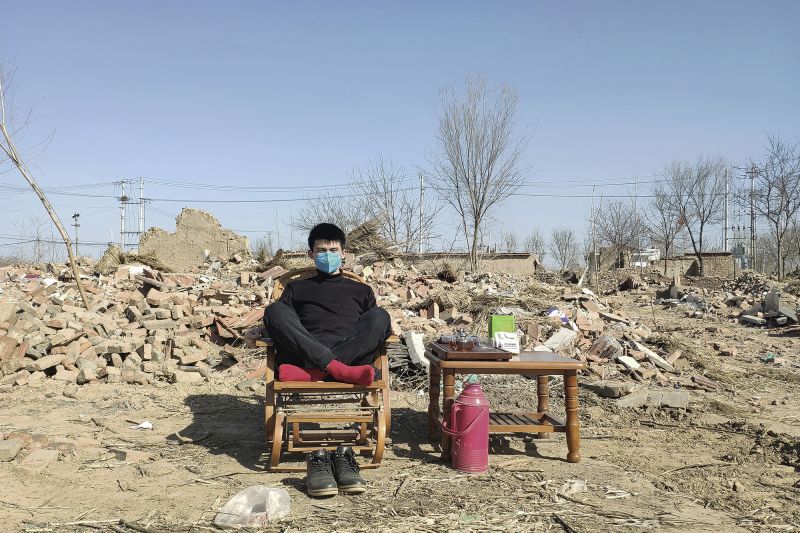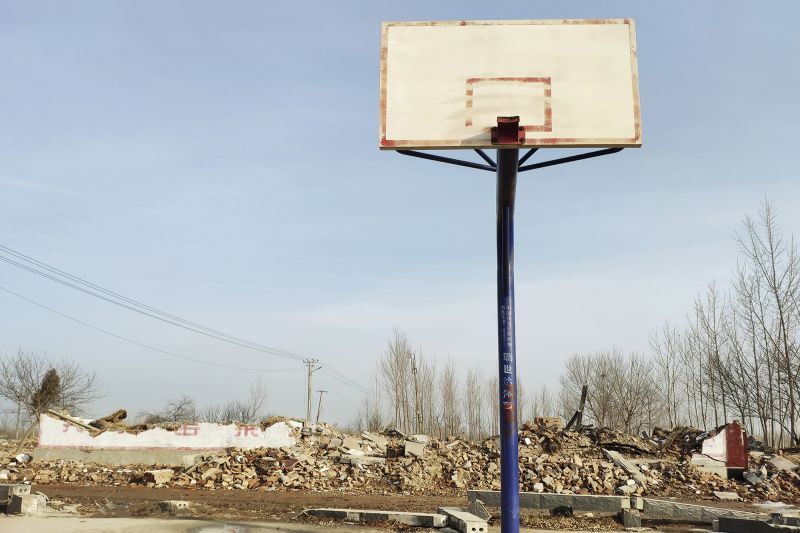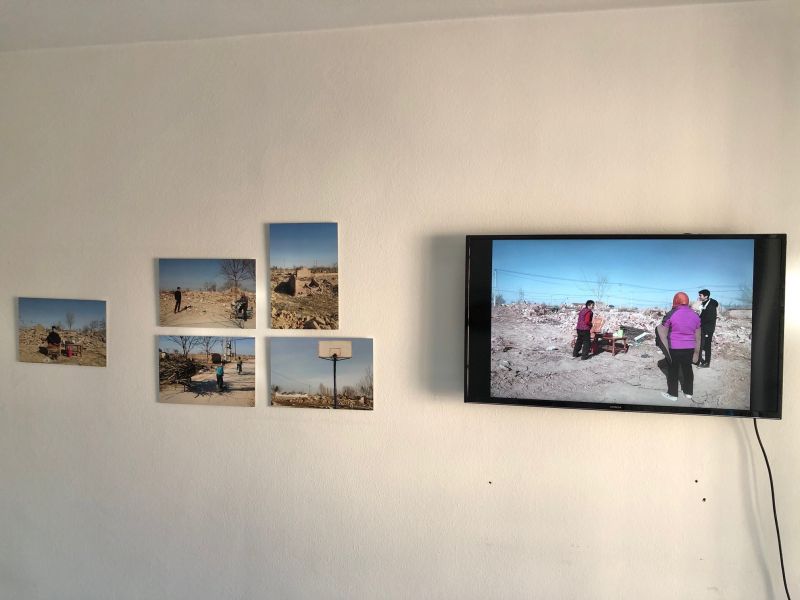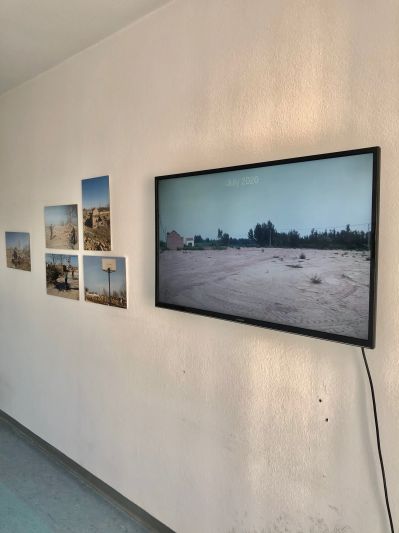A Cup of Stories in The Ruin
Mu Bo
来我 “家” 喝茶拉呱
China is carrying out vigorous rural community transformation, demolishing small villages and establishing concentrated residential areas in towns. Zhang Maoyi village has existed for more than 600 years. In the context of community-based transformation, to be demolished is its destination. How do farmers adapt to such a drastic change of lifestyle? How to inherit history? How does memory last? Drinking tea in the ruins expresses the nostalgia for the homeland, arouses resonance, and gives a trigger to think.
The new coronavirus epidemic has occurred. Everyone has felt imperilled, since the closure of Wuhan city. Soon, the whole country was asked to keep a community blockade and get into self-isolation. Social panic pervaded the country. I came from Wuhan, but not escaped from Wuhan. All kinds of rumours are sent from the social media. It’s hard to distinguish the truth from the false, which challenges the mainstream media. The coronavirus comes from nature, but ironically the safest is to get close to nature and stay away from humans.
So, in the context of this social crisis, I am sitting in this village, that has just been demolished, with a very complex mood. On the one hand, I will not infect anyone, and no one will infect me, so we do not need to look at each other with mutual suspicion and avoid awkward evasion. In the ruined wilderness, I found a little comfort. On the other hand, in the village that I played in, which has existed for more than 600 years, has carried the memory of generations, and has just been demolished. There are infinite people unwilling to part, there is helplessness and confusion. Since then, the connection with the hometown has been cut off, history has been smoothed, and it has become just a page of narrative text.
As the epidemic is gradually controlled and the blockade step by step loosens, I can see the villagers who temporarily rent in the nearby villages, walking back to the ruins of their hometown and wandering around. I built a tea table in the ruins, doing what people have done here also before this moment, as gathering and drinking tea and chatting is the most important form of local people’s social interaction. In this way, I not only express my own feelings, but also I take the tea table as a medium, to gather people, to establish a dialogue, to talk about history, to talk about the future, to listen to the voice of their heart, to empower the people, and to put forward reasonable suggestions etc.
Mu Bo has been invited by Kunsthalle Exnergasse in cooperation with Social Design to participate at Parallel Vienna, 20-27 September 2020.
Mu Bo, based in Wuhan, China, graduated from Social Design (University of Applied Arts Vienna) in 2016. He is a lecturer at the Wuhan Institute of Technology and is working in the field of sustainable product design and sustainable interaction of urban and rural culture.
- Time
- February 2020
- Location
- Zhang Maoyi village
- Shandong Province
- China
- Team
- Mu Bo

